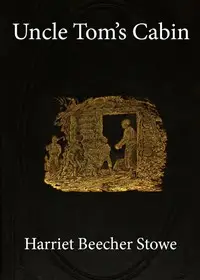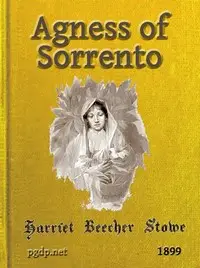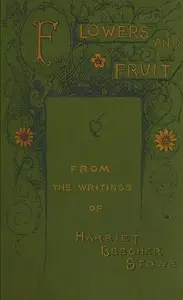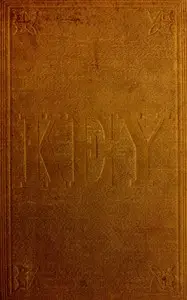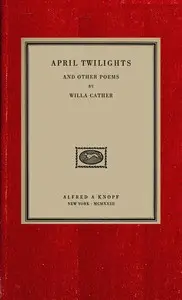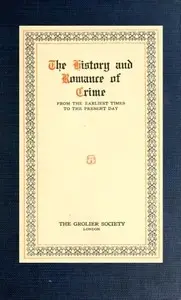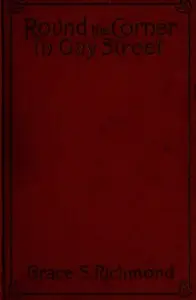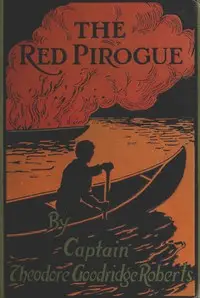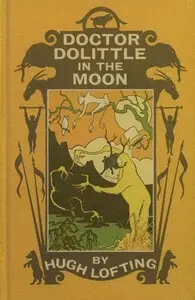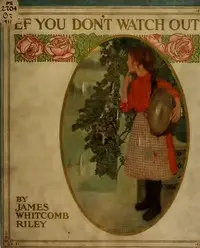"Uncle Tom's Cabin, Young Folks' Edition" by Harriet Beecher Stowe is a historical novel written during the mid-19th century, specifically in the context of America's pre-Civil War tensions surrounding slavery. The book explores the moral implications of slavery, following its impact on both enslaved individuals and their owners, while advocating for the abolition of slavery. The story revolves around Uncle Tom, a devout and dignified enslaved man who is sold from his family and master, Mr. Shelby, to a cruel trader named Legree. As Tom experiences and witnesses the harsh realities of slavery, two parallel narratives emerge: the struggles of Eliza, a mother who escapes with her son Harry to prevent his sale, and the plight of Tom as he faces the brutality of his new master. Throughout their journeys, themes of sacrifice, faith, and the inherent humanity of enslaved people are poignantly illustrated. The book not only highlights the suffering of individuals under an oppressive system but also seeks to evoke empathy and inspire social change among its readers. (This is an automatically generated summary.)

Uncle Tom's Cabin, Young Folks' Edition
By Harriet Beecher Stowe
"Uncle Tom's Cabin, Young Folks' Edition" by Harriet Beecher Stowe is a historical novel written during the mid-19th century, specifically in the cont...
Harriet Elisabeth Beecher Stowe was an American author and abolitionist. She came from the religious Beecher family and wrote the popular novel Uncle Tom's Cabin (1852), which depicts the harsh conditions experienced by enslaved African Americans. The book reached an audience of millions as a novel and play, and became influential in the United States and in Great Britain, energizing anti-slavery forces in the American North, while provoking widespread anger in the South. Stowe wrote 30 books, including novels, three travel memoirs, and collections of articles and letters. She was influential both for her writings as well as for her public stances and debates on social issues of the day.

